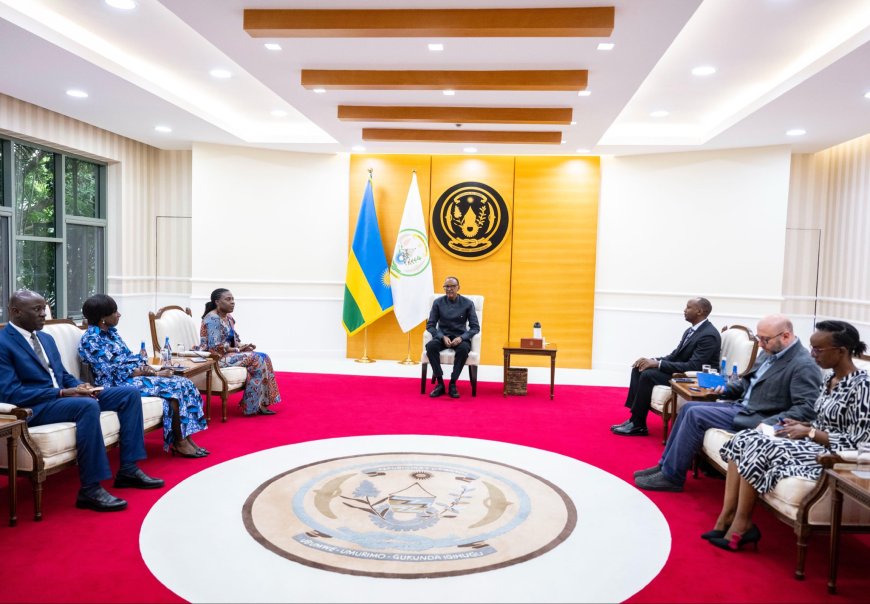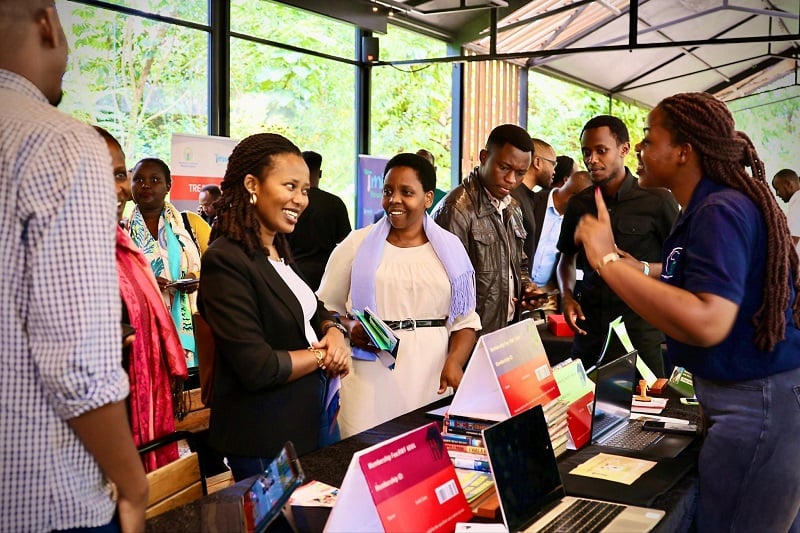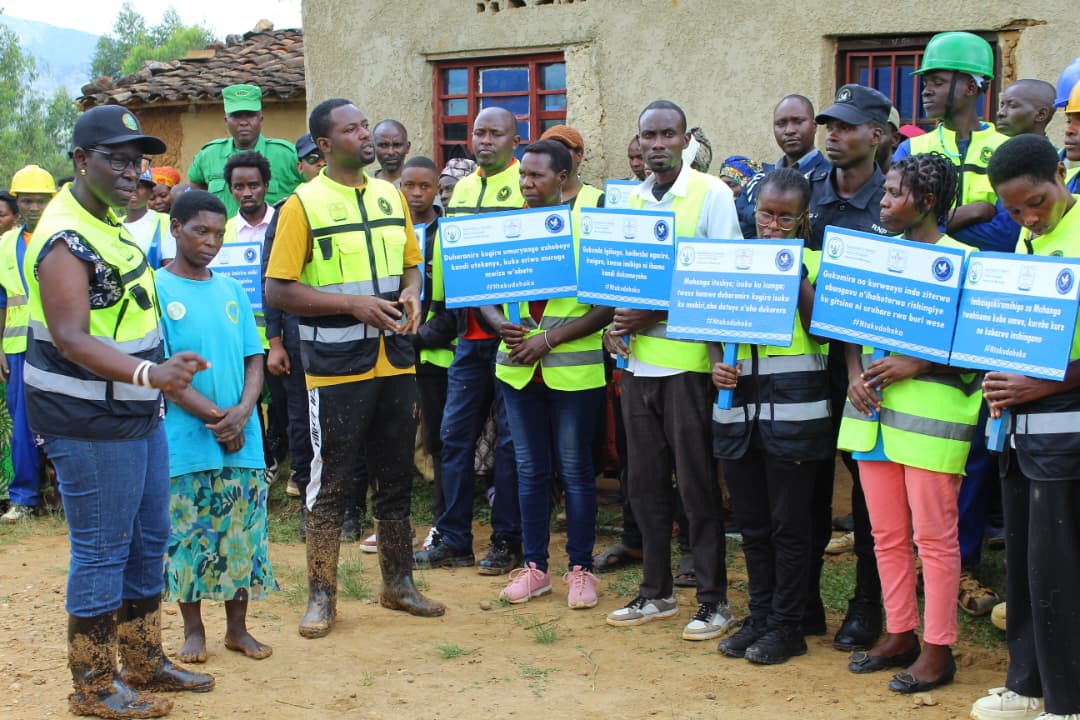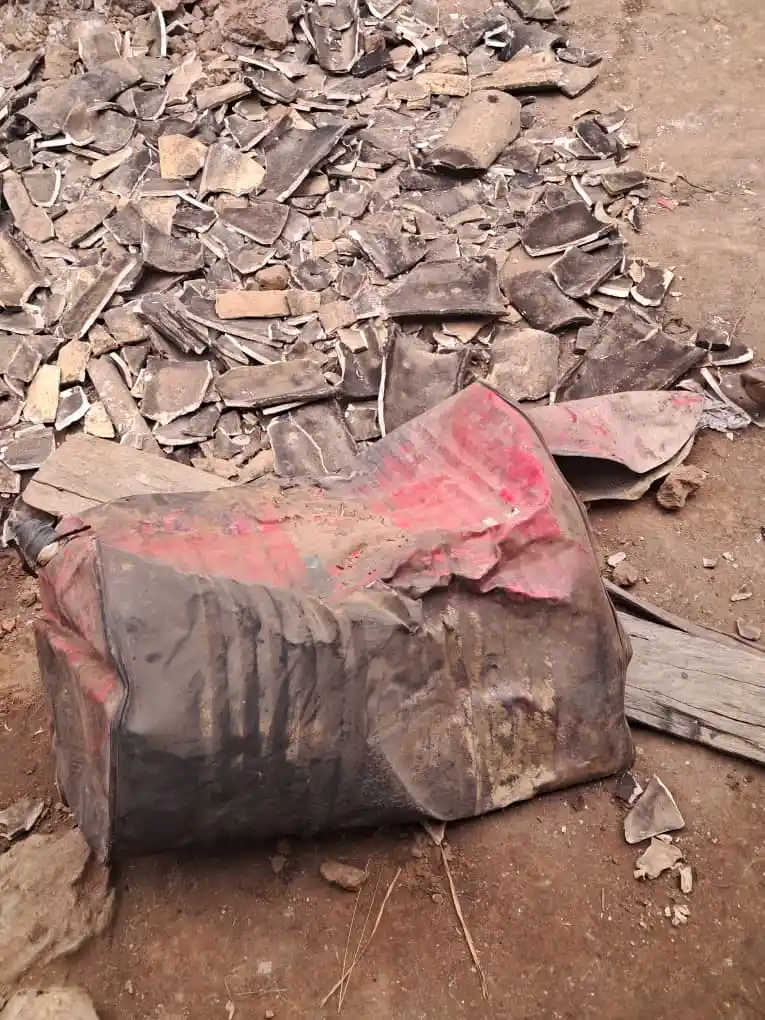
More than 3,000 health experts, researchers, and advocates from over 100 countries are meeting in Kigali, Rwanda for the International AIDS Society Conference (IAS2025), a major global summit focused on strategies to fight HIV/AIDS.
The conference comes at a critical time, nearly five years after the United States announced it would cease its collaboration with the World Health Organization (WHO), prompting renewed dialogue on sustainable, locally-driven solutions to HIV prevention and treatment.
A Call for Sustainable Investment in Health Systems
Janet Bhila, a public health advocate from Zimbabwe, reminded participants that before global donors stepped in, local health organizations were the first responders in the fight against HIV/AIDS.
“In this economic crisis, partnerships and volunteerism alone can no longer sustain HIV services,” she said.
“There must be long-term investment in community-led health systems to ensure that people living with HIV can continue to access quality care.”
Regional Efforts Show Positive Progress
Dr. Mina Nakawuka, a senior HIV/AIDS care coordinator from Uganda’s Ministry of Health, discussed the integration of HIV services in local health centers and praised the reduced stigma against people living with HIV in Uganda.
“We’ve seen a significant decline in stigma, and that’s a promising step toward inclusive healthcare,” she noted.
Voices from South Africa Applaud the Conference
Dr. Ntombifikile Nokwethemba Mtshali, CEO of Shout It Now, and Paul Postane, Head of South Africa’s National HIV Program, both expressed their excitement about participating in the conference.
“IAS2025 offers a powerful platform for collaboration and innovation in ending HIV transmission,” they stated.
Access to PrEP a Major Topic of Discussion
One of the key agenda items is expanding access to PrEP (Pre-Exposure Prophylaxis) — a preventive medication for people at high risk of HIV — especially as foreign aid becomes more unpredictable.
IAS leaders emphasized that despite funding shifts, collaborative discussions are essential to ensure lifesaving HIV prevention services like PrEP remain available, affordable, and effective.
“Across the board, there is agreement that long-term solutions are needed to maintain access to PrEP,” organizers said.
WHO Pushes for Integrated and Scalable Health Services
Nathan Ford, a senior WHO official, reiterated the importance of aligning service delivery across healthcare systems.
“The goal should be modern, efficient, and integrated services built on country-led strategies,” he explained.
“Future WHO guidelines must reflect what is working on the ground.”
Conference Runs Until July 17, 2025
The IAS2025 conference, which continues through July 17, aims to chart new paths for preventing and managing HIV in a changing global health landscape. As funding structures shift, experts agree that resilience, innovation, and collaboration will be key to sustaining the progress made over the last decades.






